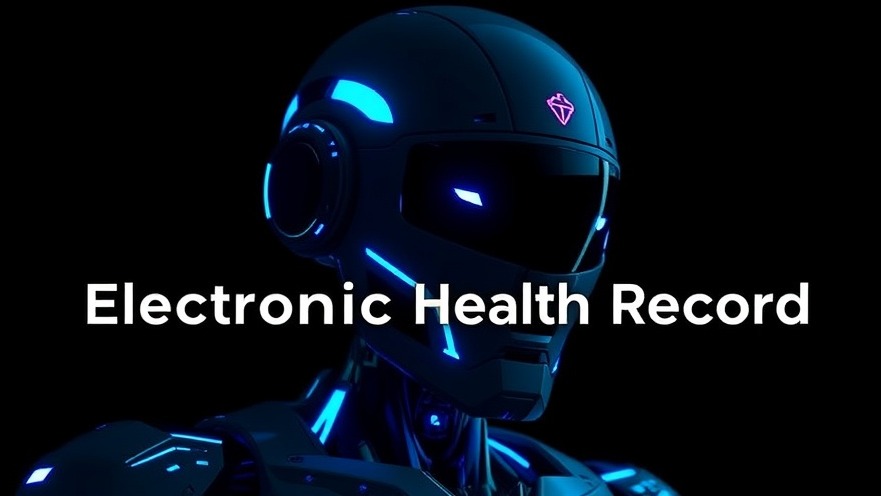
The Promise of AI in Healthcare
Artificial Intelligence (AI) is making waves across various sectors, but none more critically than in healthcare. Among the most significant areas of focus is the often-fractured Electronic Health Record (EHR) system, which, for years, has been a source of frustration for medical professionals and patients alike. A recent podcast delves deeply into how AI is stepping in to rectify these issues, enhancing the overall patient experience while streamlining healthcare processes.
Understanding the EHR Dilemma
The Electronic Health Record system was designed to centralize patient data, making it accessible to healthcare providers. However, it often falls short due to its cumbersome interfaces and lack of integration across different platforms. Statistics show that physicians spend nearly half their time on paperwork, detracting from patient care (source: HealthIT.gov). AI technologies, particularly those utilizing natural language processing and predictive analytics, are now being introduced within these systems to simplify data entry and improve accuracy.
AI’s Transformational Role
Implementing AI in EHRs not only streamlines operations but also enhances data accuracy, allowing for a better understanding of patient histories and treatment outcomes. Adjustments can be made in real-time, reducing the potential for errors that can lead to severe consequences. The podcast emphasized how AI algorithms can assist in identifying patterns and predicting health risks, improving preventive care significantly.
The Social Impact of Improved Healthcare
The benefits of transitioning to AI-enhanced EHRs extend beyond administrative convenience; they directly influence patient care quality. With more accurate records, healthcare professionals can tailor treatments to individual needs more efficiently. This personalization fosters a stronger relationship between patients and providers, enhancing overall public trust in the healthcare system. Well-informed patients are more likely to engage with their healthcare providers positively, promoting a healthier society.
Current Trends: Beyond AI
While AI stands out as a solution to EHR challenges, public health initiatives focusing on comprehensive health and wellness are equally vital. The integration of technology in healthcare is not just about efficient data management; it’s about promoting healthy lifestyles. Trends in technology-centric wellness solutions, including wearables that track vital signs and symptoms, reflect a greater movement towards a proactive approach in personal health management.
A Glimpse Into the Future of Healthcare
Predicting the future of healthcare is complex, but the role of AI is unmistakable. With technological advancements continuing to evolve at rapid speeds, we can anticipate even more refined applications of AI in health records, including real-time monitoring and predictive analytics that can foresee potential health issues before they arise. This could lead to declining hospitalization rates and improved quality of life.
Why This Matters to You
As healthcare consumers, it’s essential to stay informed about how technological innovations can affect your health and wellness. A better understanding of EHR systems equipped with AI can help you advocate for your health needs more effectively. Engaging with our healthcare providers about how they utilize these innovations could lead to a more satisfying healthcare experience.
Call to Action
As we embrace the potential of AI to revolutionize the healthcare landscape, it’s crucial to take proactive steps towards understanding these technologies. Tune into the latest discussions around AI in healthcare and consider how these advancements can benefit your well-being. Join the conversation on social media or within your community to explore how technology can positively impact health.
 Add Row
Add Row  Add
Add 




Write A Comment